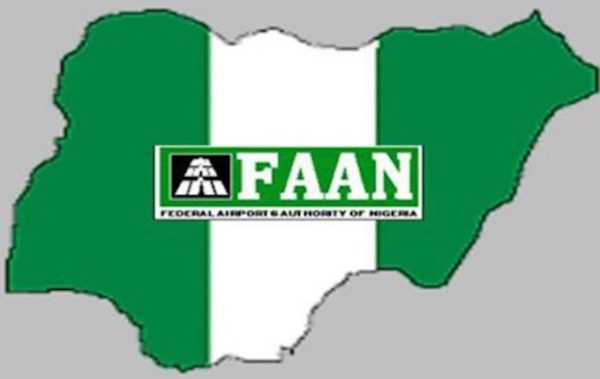 Worried by the dip in aviation safety records globally, experts have pushed for concerted efforts to deepen safer sky across the local operations.
Worried by the dip in aviation safety records globally, experts have pushed for concerted efforts to deepen safer sky across the local operations.
The stakeholders, who recently revisited causes of incidents and accidents in the aviation industry, said renewed efforts were imperative given the place of human factors in air mishaps.

Specifically, they sought in-organisation quality assurance and good communication mechanisms, regulatory safety oversights, personnel routine training programmes and better collaboration between operators, service providers and regulatory agencies.
Indeed, aviation prides itself as the most regulated industry in the world. But it has not been able to say the same about safety lately.

A review of the International Civil Aviation Organisation (ICAO) Safety Report of 2020 shows that in 2019, globally, there were a total of 114 aviation accidents – six of which were fatal with 239 fatalities.

This 2019 global accident rate of 2.9 accidents per million departures is the highest in the previous five years and represents an increase of 12 per cent from the year 2018 figure.
The same report shows that the African Indian Ocean (AFI) Region, to which Nigeria belongs, recorded an accident rate of 2.8 accidents per million departures, though with one of the least estimated departures of 1,440,701 – representing only 3.8 per cent share of total global traffic.
The Director General of the Nigerian Civil Aviation Authority (NCAA), Capt. Musa Nuhu, observed that the safety record was one of the highest accidents rates per region globally.
Nuhu, who spoke at the conference aimed at ‘preventing human factors in air accident investigations,’ organised by the Accident Investigation Bureau (AIB) Nigeria and the League of Aviation and Airports Correspondents (LAAC), in Lagos, said it was common knowledge, widely propagated within the industry that at least 70 per cent of aviation accidents were contributed to human factors.
He, however, noted that every aviation accident is a global tragedy. “This means that the industry, through the accident investigative authorities, must be determined to unravel the probable causes, contributory factors and develop appropriate Safety Recommendations that are based on safety risk assessments and considerable cost-effectiveness. The regulatory authorities must enforce their implementation by certified entities and licensed personnel to prevent reoccurrence and improve safety records,” Nuhu said.
Commissioner AIB, Akin Olateru, in his opening remarks, reckoned that most aircraft accidents occur due to the failure of human factors, to warrant its proper understanding, with the intent of reducing it to the barest minimum.
Olateru said despite the positive development in the trend of accidents recorded since the beginning of the 21st century, the number of air accidents is still unsatisfactory.
“Consequently, it is of paramount importance to do everything that would contribute to substantial reduction of the human factor failure in air transportation.”
National Air Traffic Controllers Association (NATCA) President, Abayomi Agoro, said several factors could account for human errors, which include poor communication between cockpit and control tower, loss of situational awareness, inadequate training, poor facilities, and fatigue.
Agoro emphasised that poor communication and training on new facilities are needed to improve the situation in the air space.
He noted that while airlines are not compliant with some of the latest technology on ground, personnel are not getting requisite training as and when due.
“The issue of communication has been something we have been calling on the government and Nigerian Airspace Management Agency (NAMA), as the service provider, to do more. The poor communication is not only from the ground equipment. Sometimes, it is from the air stations. All of these can lead to incidents or accidents.
“Even now that we have data exchange that has to do with the Controller Pilot Data Link Communications (CPDLC), not all the airlines are compliant and not all the controllers have gone through the training. So, definitely, it’s one of the areas we have to look at critically to prevent human factors in mishaps,” Agoro said
 MMS PLUS NG – Maritime, Aviation, Business, Oil and Gas News Online Newspaper with coverage in Maritime, Oil and Gas, Aviation, Power and Energy as well as Financial News
MMS PLUS NG – Maritime, Aviation, Business, Oil and Gas News Online Newspaper with coverage in Maritime, Oil and Gas, Aviation, Power and Energy as well as Financial News









